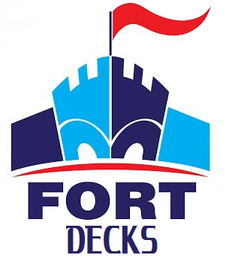Did you know? A deck without railings is an accident waiting to happen. Plus, having deck railings installed is way more affordable than settling multiple medical bills.
Deck railing options have been around for quite some time now, and with great longevity comes many options. The market for deck railings in Deerfield Beach, Florida is enormous, and sifting through all deck railing options is time-consuming.
So if you’re planning on getting deck railings installed, don’t worry. We did the research for you.
Here are the best deck railing options, including their pros and cons. (Pro tip: All deck railings look extra beautiful with low-voltage lighting.)
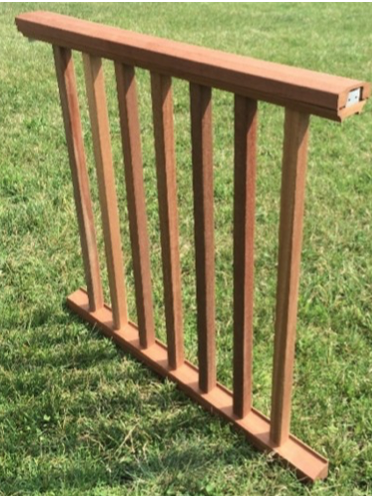
- Wood Railing
Wood is the most common and natural deck railing material out there. They give that traditional, rustic look, one that you’ll honestly never go wrong with.
Pros and Cons of Wood Railing
Pros of Wood Railing
- Environment-friendly
- Durable
- Usually inexpensive
Cons of Wood Railing
- Prone to damage if not treated properly
- Require more maintenance than other deck railing materials
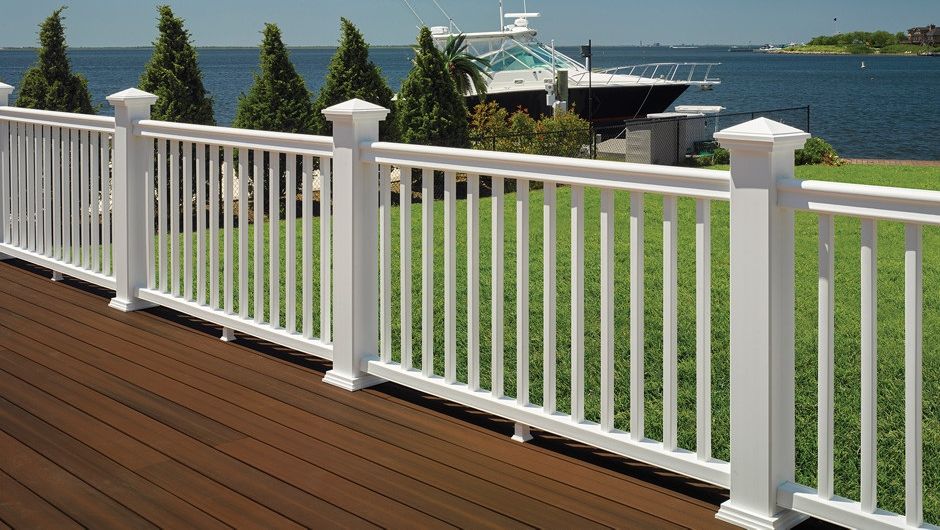
2. Composite Railing
Another great deck railing option is composite railing. Composite railing is a mix of wood fibers, recycled materials, and PVC (polyvinyl chloride). A marvel of technology, more and more households are going composite for various reasons.
Pros and Cons of Composite Railing
Pros of Composite Railing
- Low-maintenance
- Moisture-resistant
- Not prone to staining and scratching
Cons of Composite Railing
- Have permanent colors, which home renovators may frown upon
- Those with dark tints are prone to UV damage aka fading
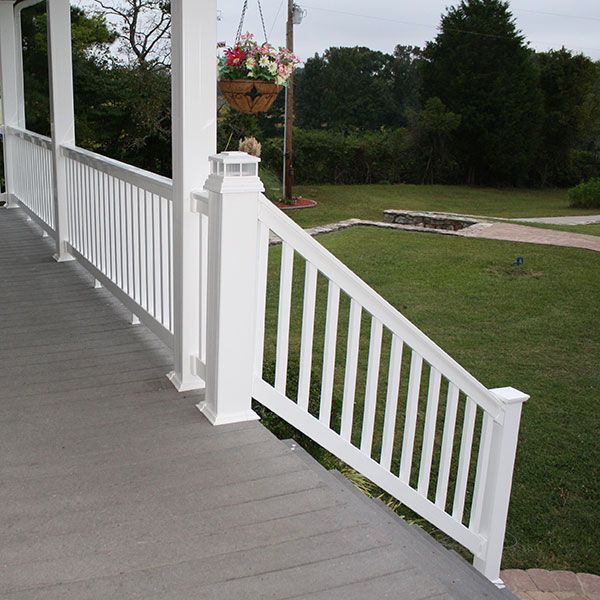
3. Vinyl Railing
Vinyl railings have evolved in the past decade to include a wide array of colors, sizes, and designs. From molded balusters to mid-rail choices, vinyl railings have gained quite a reputation in the market.
Pros and Cons of Vinyl Railing
Pros of Vinyl Railing
- Low-maintenance
- Doesn’t corrode
- Affordable
Cons of Vinyl Railing
- May warp over time due to sun damage
- Limited color options
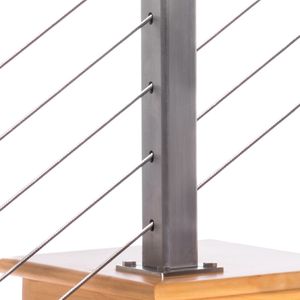
4. Stainless Steel Cable Railing
Crafted with long-lasting stainless steel, cable railing is a modern, minimalist deck railing option. Made to keep you safe while keeping an open view, stainless steel cable railings have been a popular option for upscale homes and high-rise buildings.
Pros and Cons of Stainless Steel Cable Railing
Pros of Stainless Steel Cable Railing
- Extremely durable
- Rust-resistant
- Makes a deck look more spacious
Cons of Stainless Steel Cable Railing
- Expensive
- Tensioners need to be adjusted over time
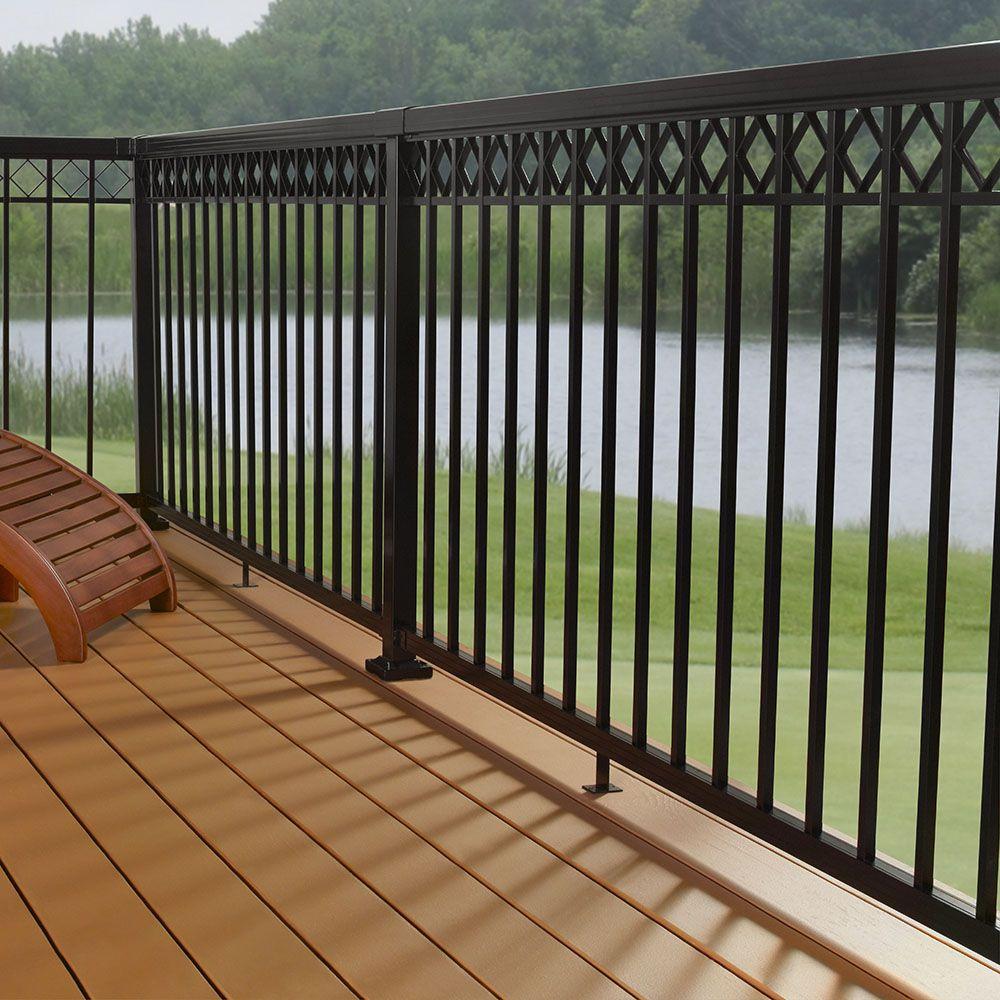
5. Aluminum Railing
Lightweight aluminum railing is among the best deck railing materials out there. Aluminum is deemed as the most versatile deck railing option― a quality that many designers fancy.
Pros and Cons of Aluminum Railing
Pros of Aluminum Railing
- Extremely weather-resistant
- Does not corrode
- Requires little to no maintenance
Cons of Aluminum Railing
- More expensive than the other deck railing options on this list, except stainless steel cable railing
- Can be easily cut, making it less ideal for security purposes
Whatever deck railing option you pick, make sure to hire a reputable builder in Deerfield Beach, Florida. Don’t put your hard-earned money to waste.
